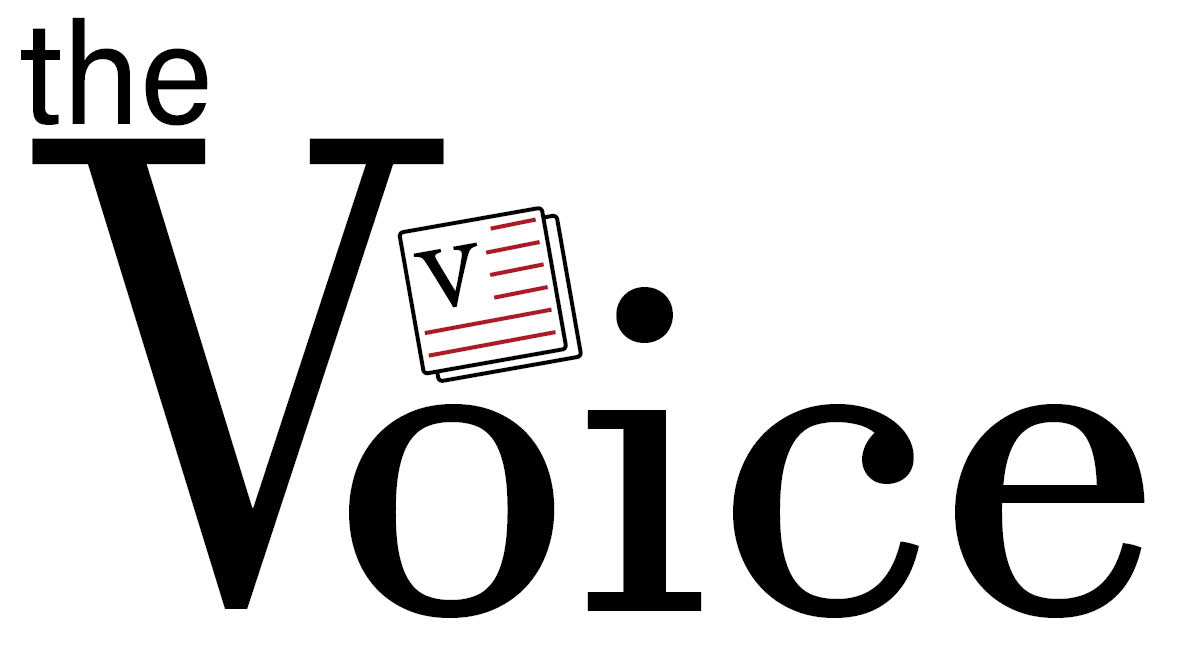The brand new ‘Baby J’
Comedian John Mulaney brings a more authentic and powerful character in new Netflix stand-up
John Mulaney performing his new comedy show, “Baby J.”
April 27, 2023
Symphony Hall’s royal backdrop gradually fades into frame as John Mulaney begins his stand-up comedy show. Nearly five years after the previous special, the audience expected the energetic, chaotic, and ludicrous persona cracking elite jokes through legitimate storytelling.
However, the Mulaney those audience members saw during his Feb. 26 performance in Boston was unrecognizable. Viewers received a more serious and dismal character focusing on a lingering problem: drug addiction.
In his new Netflix stand-up comedy special “Baby J,” released on April 25, Mulaney dives deep into his experiences through drug rehabilitation, chronologically discussing the events of his “weird couple years” since COVID-19 first appeared in the United States.
Mulaney started the special avoiding any discussion about his drug rehabilitation; instead, he started on the dark and bizarre topic of, as a little kid, praying for a grandparent to pass away to draw more attention. He stated that he never got enough attention as a child, so his tactic was to hope and pray for the death of a specific parent’s parent– his dad’s mom.
While the opening skit was far from elegant, it perfectly set the tone for the next hour and eight minutes of gloomy yet whimsical comedy.
Mulaney’s introduction to rehab took place on Dec. 18, 2020, where he was invited to a friend’s apartment for dinner. When he arrived, he walked into a room full of worried individuals, specifically fellow comedians, who were there to have an intervention and discuss Mulaney’s drug abuse.
Yet, Mulaney still found a way to make humor out of these depressing scenarios, singing a short and hilarious melody to express his thought process entering the intervention room.
“Going to dinner with a friend from college! Going to dinner with a friend from college! Going to dinner with a friend from college! What’s Seth Meyers doing here? F**k!!!”
These amusing, clever comparisons continued throughout the show. At one point, Mulaney compared problematic individuals intervening on others’ issues to sending someone a text through an email address when their phone number is already saved as a contact in their phone.
Mulaney’s discussion through his stint in the rehabilitation center was a downside to the comedy, as he often strayed off track to discuss irrelevant events further than the simple comparison. As separate skits, these would be enchanting, but the number of extraneous stories told on-the-side contributed to a slight loss of attention.
Yet, Mulaney perfectly ended the special by reading through a GQ article written about him, the interviews conducted just days before his intervention. Cleverly, the title of the article is identical to the extended title of the stand-up (“A Wide-Ranging Conversation”).
Mulaney’s imaginative way of addressing his journey through drug addiction and rehabilitation made “Baby J” an intriguing and enjoyable watch. Stand-up comedy specials can sometimes be repetitive, humorless, or flat-out boring, but Mulaney’s is deep yet humorous and engaging.
Safe to say, Mulaney thankfully recovered from his drug addiction and successfully expressed it through a humorous approach.
“What, are you gonna cancel John Mulaney? I’ll kill him. I almost did.”



